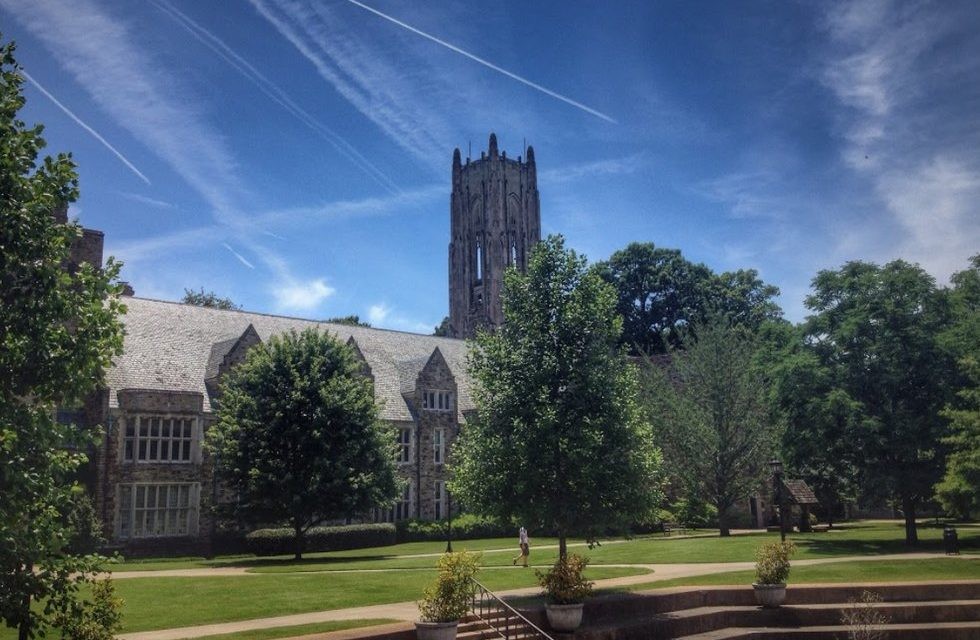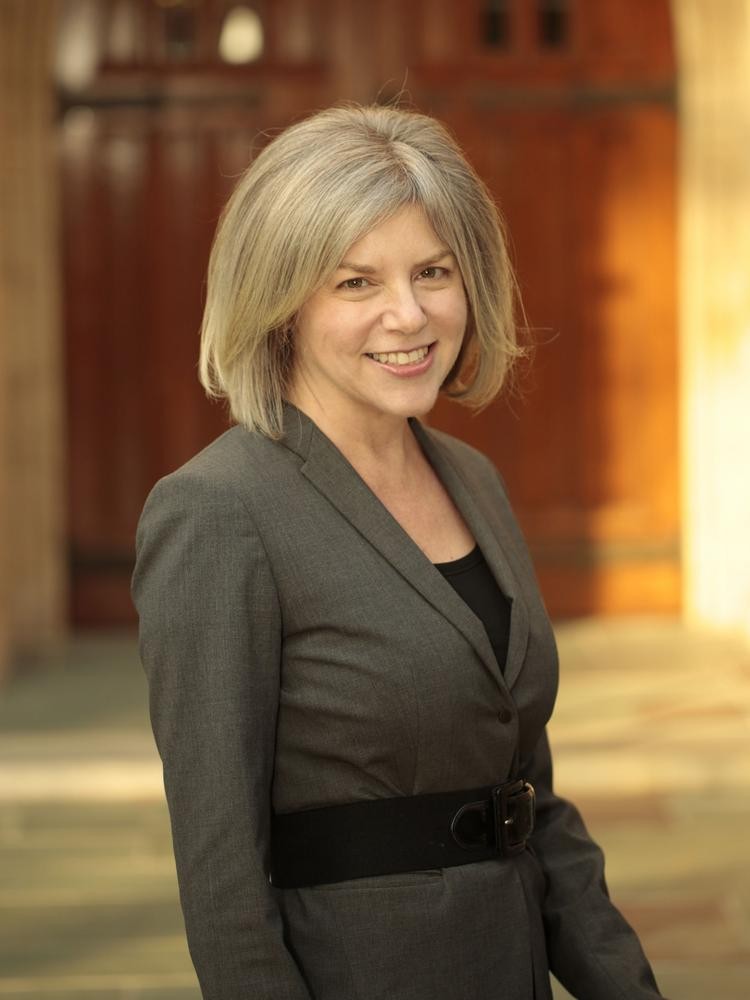 photo courtesy Rhodes College
photo courtesy Rhodes College
In what could be a precedent for other colleges and universities, Rhodes College announced its plan to continue with remote learning only for its 2020 fall semester. The decision comes after heavy deliberation with health experts on the safest path forward for the institution.
“I write with a heavy heart to let you know that despite our hopes and plans, the external health conditions in Memphis do not support an on-campus fall semester. All along, we have known that this was a possibility and we have waited until the last practical moment to assess it. I wish it were otherwise, but I am committed to facing the facts and to sharing them with you,” wrote president Marjorie Hass in a press release Wednesday. 
Marjorie Hass
After a press conference, Hass spoke with the Flyer about the college’s decision. “We had the responsibility to develop a very strong health plan,” she says. “To that end, we partnered with Baptist Memorial Health Care and were working diligently all summer, and we came up with what I think is an outstanding plan. People were certainly ready to step up, but the overall situation in Memphis wasn’t something we could control directly. We were at the last practical day we could hold this question in advance, so we dove really deep into the issue this week and came to this decision.
“With the help of a variety of health experts, it became clear at this moment, and into August and September, and likely October, the conditions in Memphis meant we would not be able to sustain health on campus.”
If certain conditions are met, however, Hass says that it’s possible that the incoming freshman class could return to campus. “If Memphis masks up, it’s certainly a possibility that we could reduce the pandemic and could have some students back on campus. The number of beds we have and the way our dorms are set up, we could give each student their own room.”
With the new freshmen class unable to interact face to face, the school is already working to remotely build up a sense of community among students. Students were encouraged to connect with each other virtually over the summer, while freshmen have already been placed into advisory and seminar groups to meet teachers and new friends. “There’s nothing easy about it,” says Hass, “so that’s a big part of why we made the decision so early. We’ll have more time to focus on how we approach building a remote Rhodes community, and we’ll certainly be devoting our energy to these kind of questions.”
Another discussion happening recently at Rhodes concerned a potential tuition hike. The college initially stuck with the increase, but reversed course and implemented a 9 percent tuition reduction (putting the overall price on par with 2017’s tuition rates) when Hass and the board of trustees decided to keep the college closed next semester. With Rhodes planning to eat 80 percent of the safety plan’s cost, the slight increase would have helped cover the remaining 20 percent. “Our costs don’t shift that much when we go remote,” says Hass. “We might not need as many masks as we thought, but we’re also investing more in remote learning tools. At the same time, we know that when we go remote, students can’t access the whole Rhodes experience, so we felt it was important to show we understood that through our tuition structure.”